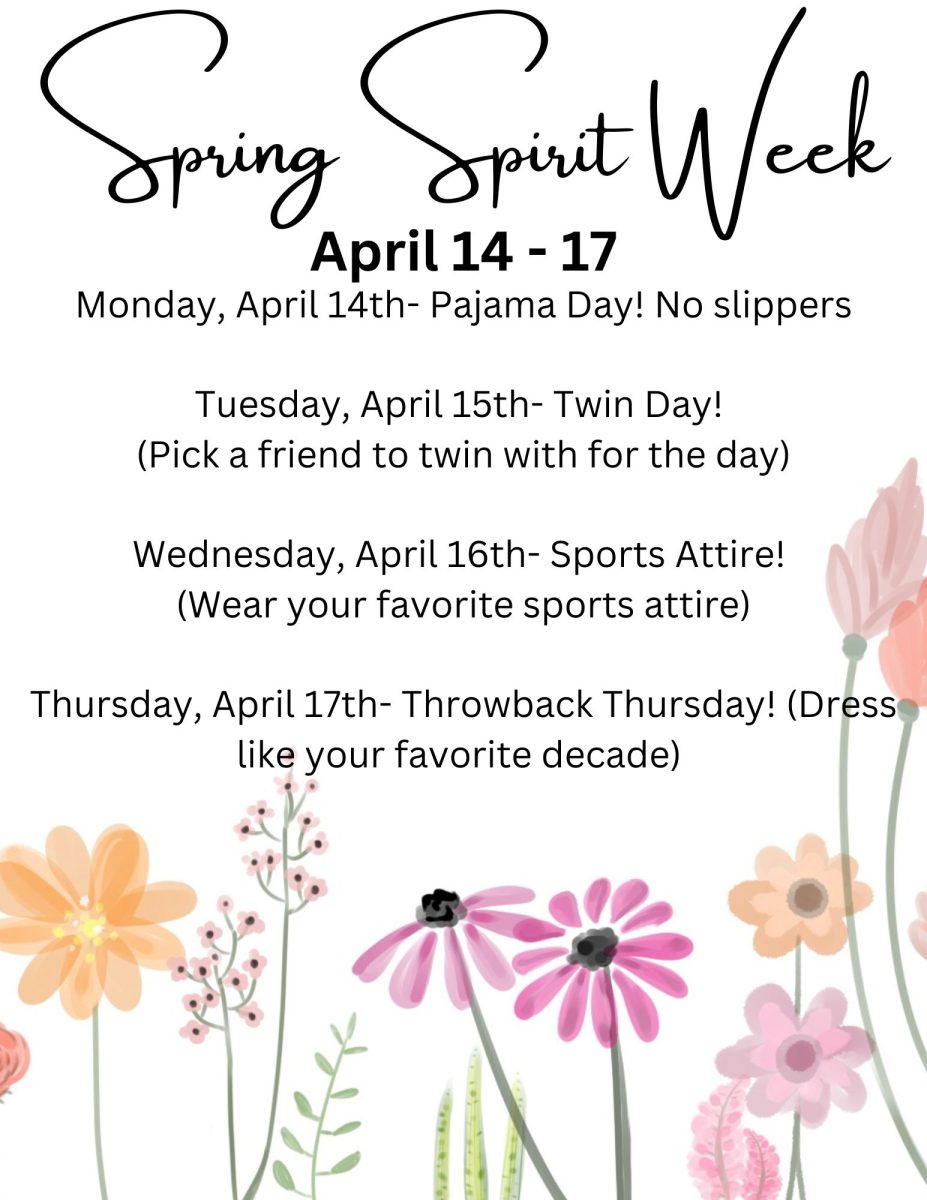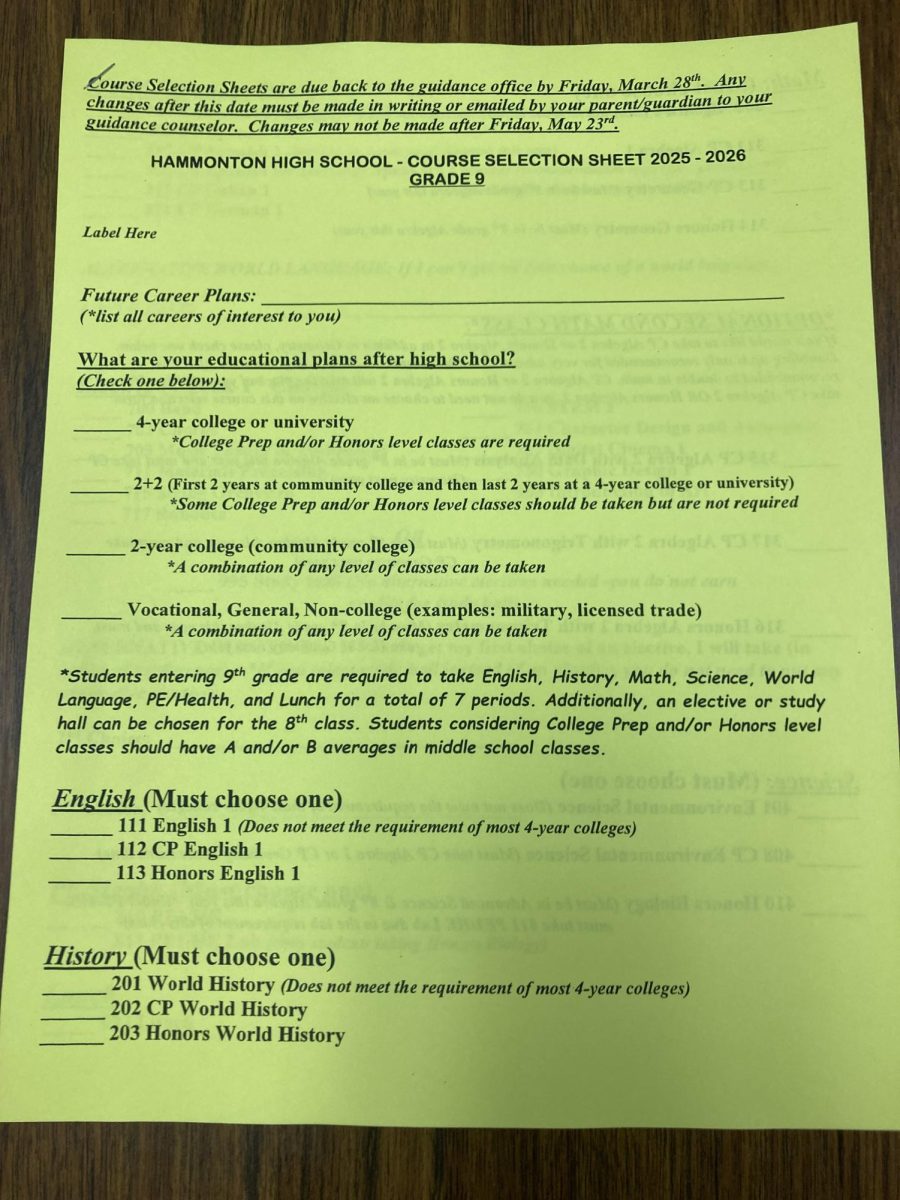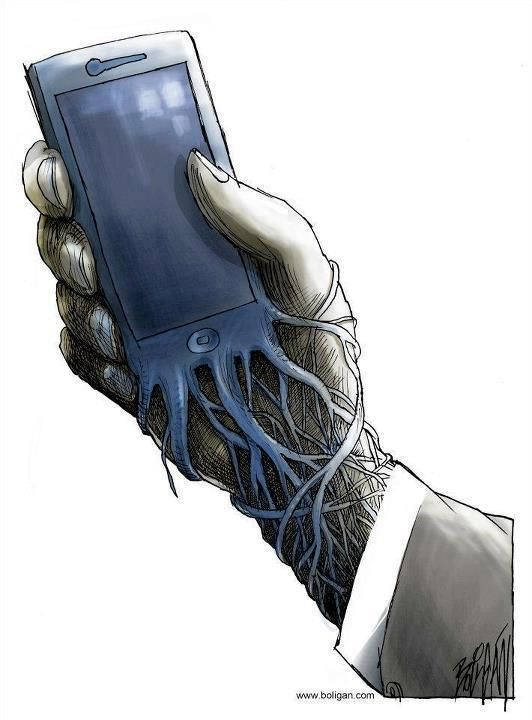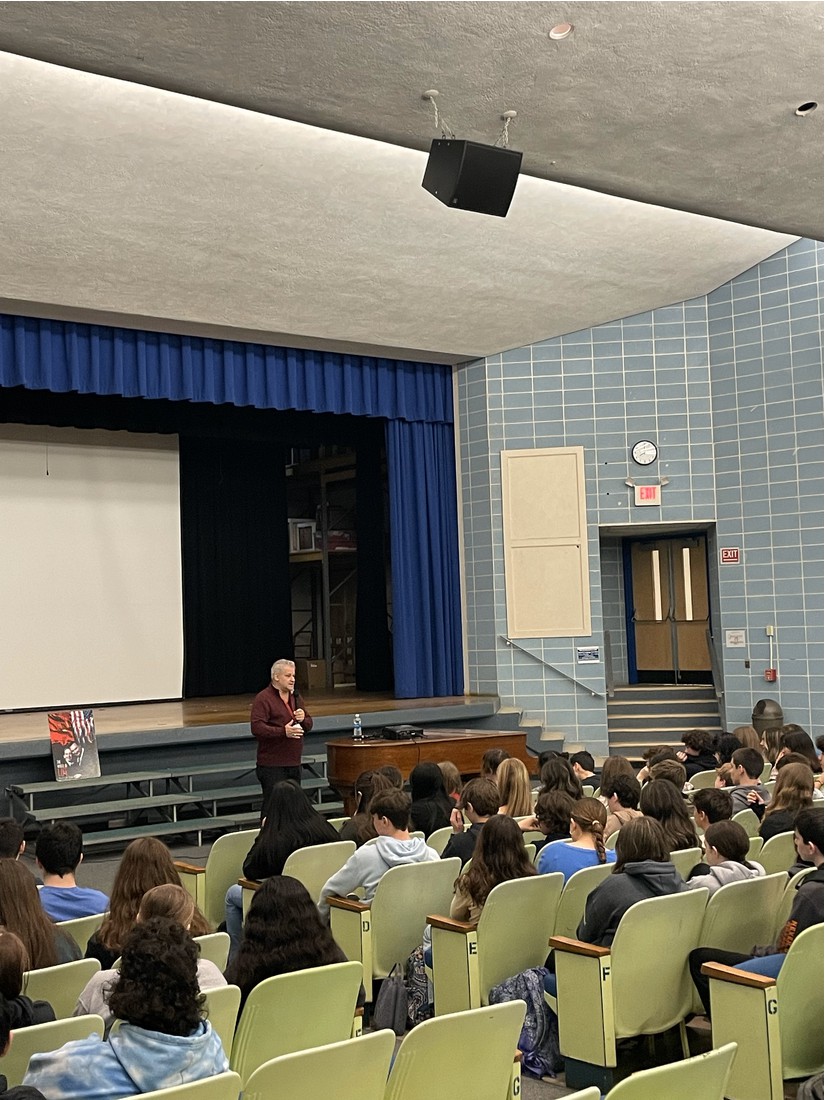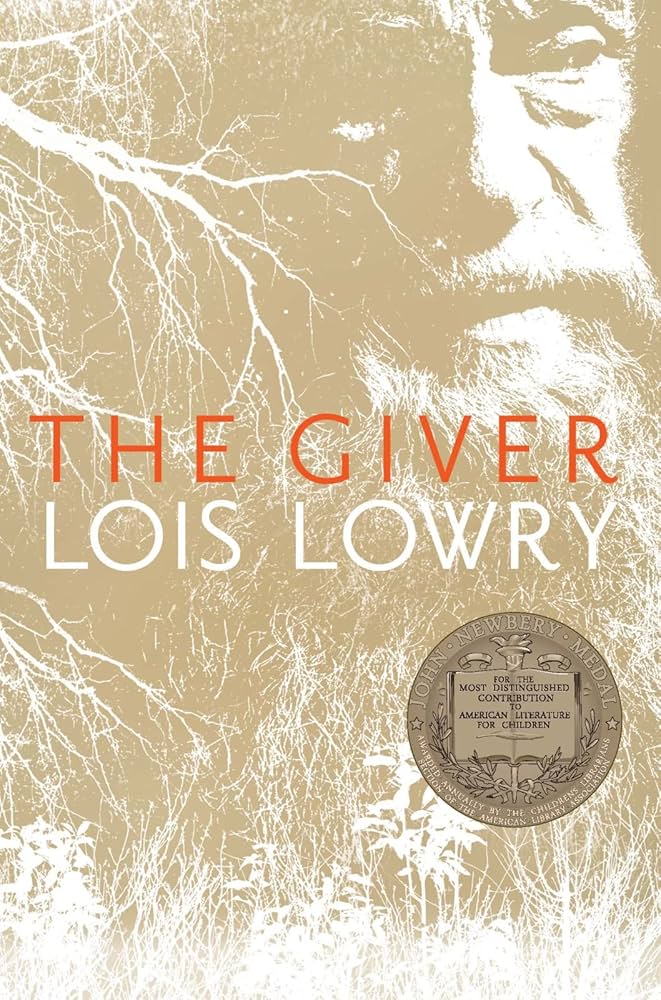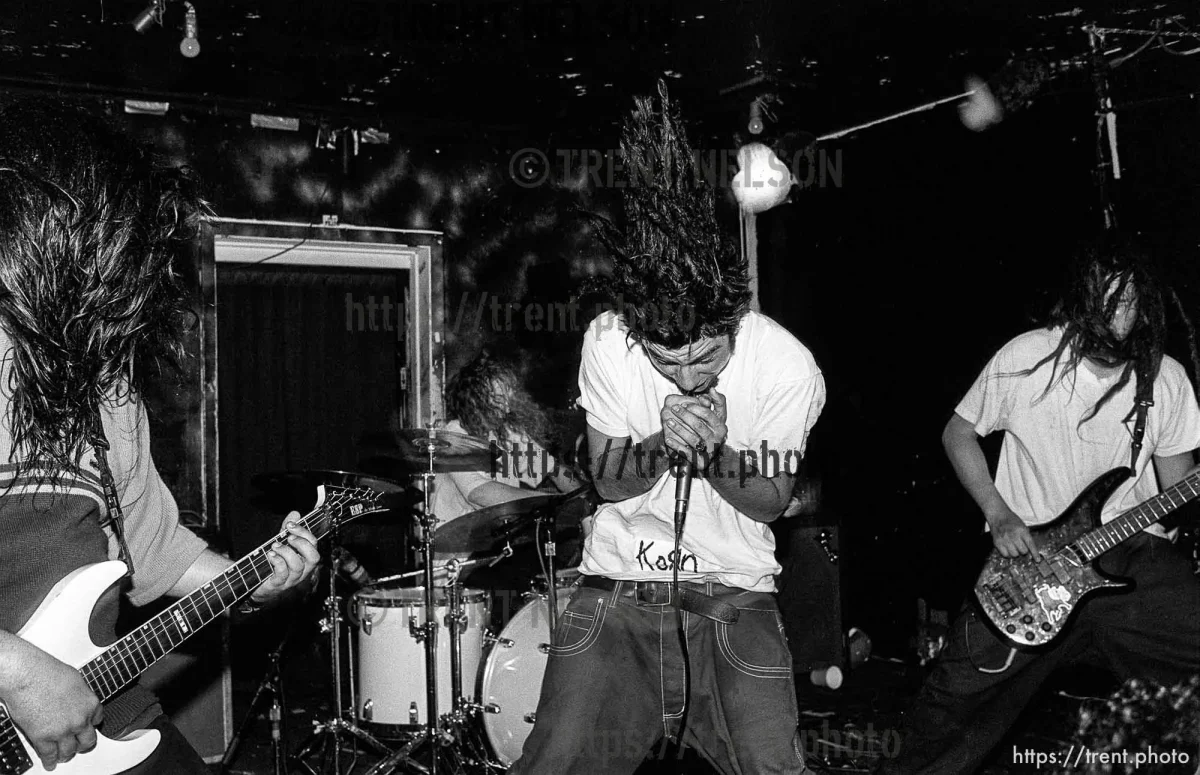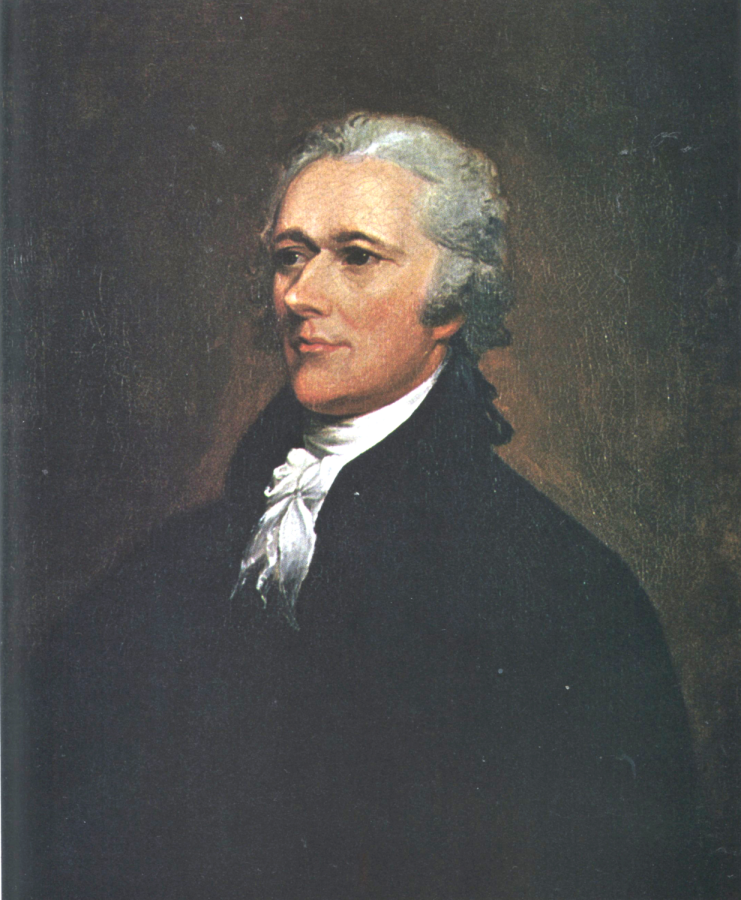A Historic Figure: Alexander Hamilton
February 1, 2022
Alexander Hamilton is widely renowned for the musical “Hamilton” depicting his life. But does it really hit all the topics in his life? I don’t think it does. Even though it may talk about many events in his life they don’t go into real depth about them.
Alexander Hamilton was born to James A. Hamilton and Rachel Faucette Buck in the British West Indies. His parents were not married. Rachel was married to another man at the time Alexander was born, but she had left him. This was because he spent much of the family fortune. Hamilton’s father left him and his mother in 1766 and just two years later his mother passed away from yellow fever. When he was just 11 Hamilton worked as a clerk for a trading company in St. Croix. Later he gained wider attention when he published an expressive letter describing a hurricane that hit the island in 1772. Locals on the island raised money to send him to America to study. He arrived in late 1772 just as the colonies were getting ready for the war for that would determine their independence.
While studying at King’s College, Hamilton got involved in the colonial cause, writing pamphlets such as “A Full Vindication of the Measures of Congress.” In this pamphlet he defended the First Continental Congress’ proposal to ban trade with Great Britain. Once the Revolutionary War began he was commissioned to lead an artillery company in the Continental Army. He fought bravely in the battles of Trenton and Princeton among his other brave soldiers. By 1777, Hamilton had captured the attention of the armies Commander-in-Chief, George Washington. Washington eventually gave Hamilton a position in his staff as the Secretary of Treasury. Hamilton’s writing and military skills let him thrive as Washington’s personal assistant.
In 1780, Hamilton married Elizabeth Schuyler who was the daughter of Philip Schuyler a very influential New York landowner and military officer. Eliza would be a key source of loyalty and stability for Hamilton. They went on to have eight children in total. In 1781, Hamilton left Washington’s staff. But he did return to the army briefly later in the year. That was because Washington gave him a field command at the Battle of Yorktown, this was the last major battle of the revolution. Hamilton out did himself by leading a successful attack that contributed to the surrender of General Lord Charles Cornwallis.
After the war, Hamilton studied law. He set up a practice as an attorney in New York City. In 1787, a federal convention was held in Philadelphia, Pennsylvania, and Hamilton was chosen as one of the three delegates from New York. At this convention Hamilton read his famous six-hour speech on his own plan for a strongly controlled government. He drew in a lot of criticism from people for wanting to create a monarchy. Even though Hamilton had little influence on the Constitution, he played a big role in it’s ratification. Along with James Madison and John Jay, Hamilton helped publish a series of 85 essays called the Federalist Papers. The papers defended the Constitution for the American people. Hamilton wrote 51 essays in total. These are his best known writings. In 1789, Washington was elected as the first President of the United States. He decided to make Hamilton his secretary. Making Hamilton the first secretary of the U.S. Treasury. Hamilton’s financial policies faced strong criticism from Madison and Thomas Jefferson who thought they put far too much power in the hands of the federal government. Hamilton left his Treasury post in 1795 and went back to New York to continue with his law practice.
In the infamous “Reynolds Pamphlet,” published in 1797, Hamilton thought to go public and inform people of his affair with a married woman. The woman is question is Maria Reynolds, in order to clear his name from any suspicion of illegal financial speculation involving her husband, James. Hamilton and his wife, Eliza, suffered far worse than this humiliation because in 1801, their eldest son, Philip, was killed in a duel he had entered to defend his father’s name. Philip’s opponent, George I. Eacker, had given a speech in which he accused Hamilton. Even beyond his bitter feuding with Jefferson, Hamilton’s combative personality and policy-making style brought him into conflicts quite a lot. Hamilton and Aaron Burr had been political opponents since the debate over the Constitution in 1789. Burr angered Hamilton even more by running against Hamilton’s father-in-law, Philip Schuyler, for the U.S. Senate in 1791. Burr even won the senate seat which angered Hamilton.“I fear [Burr] is unprincipled both as a public and private man,” Hamilton wrote in 1792, adding that “I feel it a religious duty to oppose his career.” Burr later decided to run for Governor of New York in 1804. He lost largely due to the unfairness of powerful party rivals. He wrote to Hamilton confronting him about the topic. When Hamilton refused to back down, Burr challenged him to a duel.
On July 11, 1804, Hamilton and Burr met in Weehawken, New Jersey, ready to duel. Both of the men fired. Hamilton’s shot missed. Some historians even believe Hamilton never intended to shoot Burr. Burr’s bullet however, wounded Hamilton and he died the next day due to his injuries. Today we remember Alexander Hamilton for the musical based off his life, but do we really remember him and his accomplishments?

